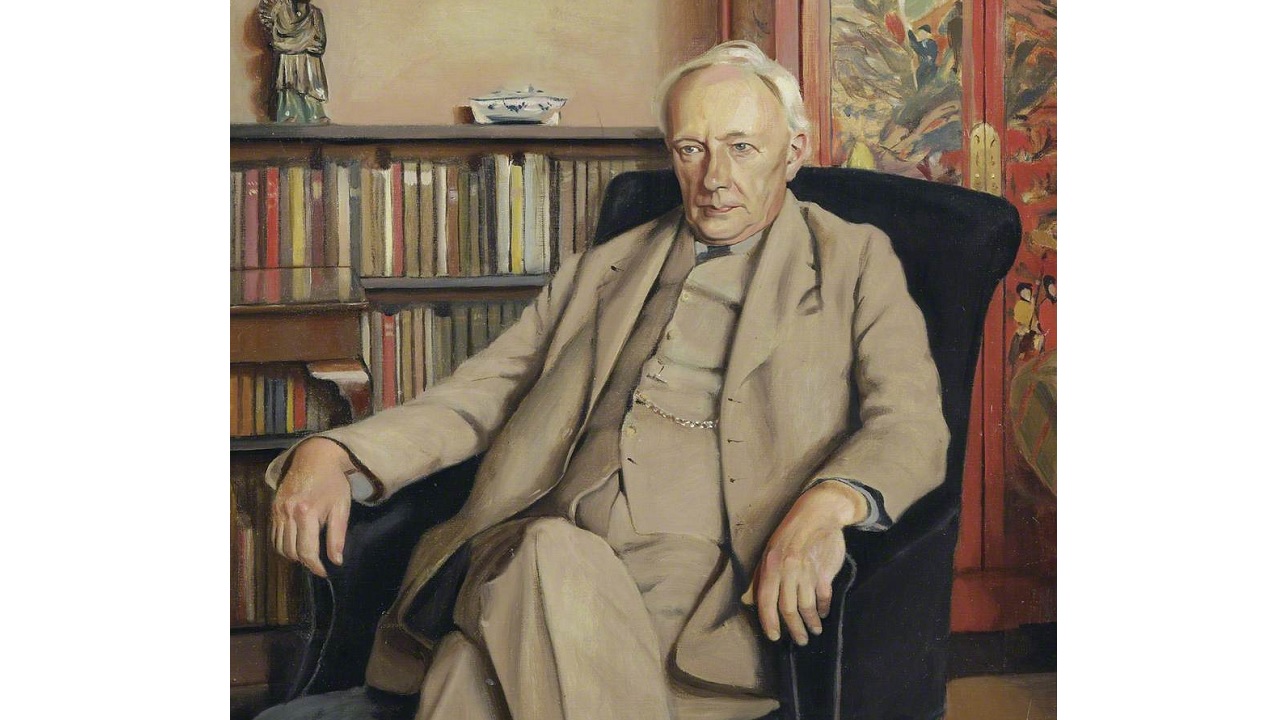Although today it is mostly used to describe supernatural and mysterious events, let’s take a closer look at what metaphysics is, which emerged as a philosophical view of the physical world we know by its founder, Aristotle, and see how philosophers have approached throughout history through the question of what it advocates.
While positive sciences examine what can be understood through experimentation and observation in our environment, social sciences take a cultural approach. Well, if you ask where metaphysics is in this business, we can say that it is far beyond, in the philosophical line of the business. Although many people think of supernatural events when metaphysics is mentioned, In fact, this field of philosophy examines the world as we know it, but goes a little deeper than science.
Metaphysics is an interesting field of study. You may think that it is the duty of a philosopher to make inferences in this field because it is a branch of philosophy, but its founder, Aristotle, created this field for those who have actually devoured physics to dig a little deeper. In other words, metaphysics is beyond nature, but its path passes through nature. Let’s take a closer look at what metaphysics is and what it advocates.
Let’s start with a basic definition; What is metaphysics?
Metaphysics, which is a branch of philosophy, as a word meaning. It means beyond physical science. Metaphysics, which examines concepts such as event, existence, god, existence, time, universe, space, property, reason, relationship, is a branch of philosophy that focuses on ontological problems.
How did metaphysics first appear?
Let’s go back a little, to the 4th century BC. One of the most famous philosophers of the time Aristotle wrote a text on basic philosophy. A part of this book, which deals with topics such as wisdom and theology, was titled as related to nature in the corrections made in the following years. The Physics book we know today is this section of the work.
There is also a section of the book which is later titled Ta meta ta physika. Yes, the branch of philosophy we call metaphysics first appeared in this chapter of the book. The Latin title ta meta ta physika has been translated into many languages, such as metaphysics, la métaphysique, die Metaphysik.
What did Aristotle tell in this book, what does metaphysics advocate?
According to Aristotle, philosophy has two basic definitions. According to one of them, things are as they are. According to other There are also first causes of things. The existential questions asked through these first reasons are the main areas of study of the branch of philosophy we call metaphysics. In other words, metaphysics actually argues that things have a much deeper first cause than they exist.
Of course, the metaphysics first put forward by Aristotle over the years The definition is much more enriched. Let’s give an example for one of these definitions; We melted a mold of gold, poured it into a mold and made a sculpture. Then we melted the statue, poured it back into the same container and sculpted again. Question; Is this statue the same statue? Of course, there is no answer to this question, if it were, it would be science, not philosophy.
Those who study metaphysics do research into the first principles of things. But These researches can be done from a narrow or very broad perspective, far from definitive results. In fact, this is what metaphysics is all about. If studies are carried out in accordance with the disciplines we know, the event will not have a metallicity, maybe just physics.
What questions does metaphysics ask? For example, the reality of the outside world is a big problem:

In early modern philosophy, the senses are trusted. These sensations are seen as a source of information, even if they are fallible. Of course this information obtained through sensations created question marks in many philosophers; Is there an external world, if there is, can we understand it with the senses, does what we understand really provide reliable information?
Of course, these are early problems. For example, the French philosopher René Descartes did not see them as a problem. Irish philosopher George Berkeley prepared good arguments on this subject. According to that there was nothing but minds with ideas in them. Of course, these arguments were not very acceptable, but even names such as the German Enlightenment philosopher Immanuel Kant made studies on this subject.
René Descartes explained his thoughts on the subject in his work Meditationes de Prima Philosophia and that the person should receive the outside world information that he will not doubt its accuracy, He said otherwise would be suspicious. For him, the external world was a whole made up of objects to which one’s sensations testified.
George Berkeley’s metaphysical idealism is somewhat different:

Irish philosopher George Berkeley; Although he advocated the idea of things made up of ideas and minds in which ideas exist He did not definitively reject the views embodied by Descartes. He even confirmed that the object exists, but interestingly said that this object also consists of ideas.
In other words, the answer to the question of whether there is an external world that metaphysics asks is yes for Berkeley. acknowledging the existence of material objects It also acknowledges the existence of an external world. Yet he has always separated this external world into us and things outside. Berkeley idealism is an idealism used in metaphysical reasoning.
In the 20th century his metaphysical thoughts got a little more interesting:

British philosopher GE Moore gave his title Proof of an External World at the British Academy in 1939. He put the point to the point during the lesson. He proved the existence of the external world, which is one of the basic questions of metaphysics, in front of everyone. Imagine;
Moore stood in front of the blackboard in class and showed a student his hand and said, ‘Here’s a hand!’ said. Then he showed his other hand and said, ‘Here’s another hand!’ said. When considered in connection with the proposition For Moore, who said that this was an answer that answered everyone’s questions, it was definitive proof of the outside world.
Of course, there were many philosophers who were not satisfied with this proof. Moore’s logic as evidence of the outside world in fact, it is proved by the claim that both he and his students know that they have a hand in front of them. So if they don’t know that there is a hand in front of them, there is no hand there and there is no outside world. Yes, it’s pretty complicated.
A branch of philosophy that studies much beyond the existing world. What is metaphysics, what does it defend, what questions does it ask? We answered frequently asked questions such as: Of course, when we enter metaphysics, it is like a deep ocean that we can easily drown in, but in this article, we aimed to provide basic information to our readers who are introduced to the concept of metaphysics for the first time.
